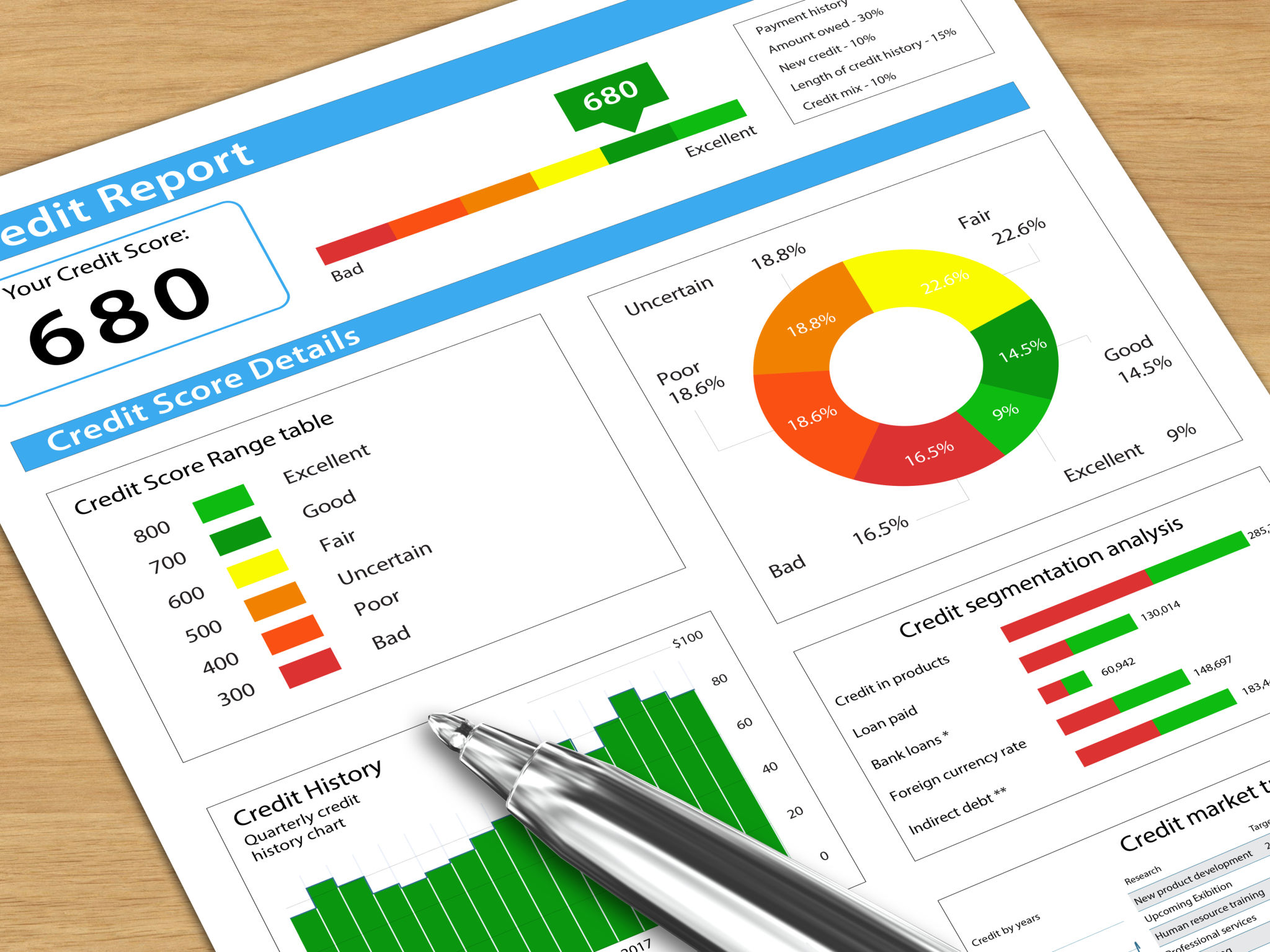Top 10 Credit Repair Myths: What You Really Need to Know
Understanding Credit Repair Myths
When it comes to credit repair, there's a lot of misinformation circulating that can lead to confusion and frustration. Many people fall victim to these myths, which can hinder their efforts to improve their credit scores. In this post, we aim to debunk the top 10 credit repair myths and provide you with the facts you need to know.

Myth 1: Checking Your Own Credit Score Hurts It
One common misconception is that checking your own credit score will negatively affect it. In reality, checking your own credit is considered a "soft inquiry" and does not impact your score. Regularly monitoring your credit can actually help you stay informed about your financial health.
Myth 2: Closing Old Accounts Will Improve Your Score
Another frequent myth is that closing old accounts will boost your credit score. However, closing accounts can actually shorten your credit history, potentially lowering your score. It's often better to keep old accounts open, especially if they have a good payment history.

Myth 3: You Only Have One Credit Score
Many believe they have a single credit score, but the truth is, you have multiple scores. Credit bureaus like Equifax, Experian, and TransUnion may all have different scores for you based on the data they collect. It's important to check all three for a comprehensive understanding.
Myth 4: Bankruptcy Will Wipe Your Credit Report Clean
While bankruptcy can eliminate some debts, it doesn't erase your credit history. Bankruptcies remain on your credit report for up to 10 years and significantly impact your score. It's crucial to understand the long-term effects before considering bankruptcy as an option.

Myth 5: Paying Off Collections Will Immediately Boost Your Score
Paying off a collection account is a positive step, but it doesn't necessarily remove the negative mark from your credit report. It may help improve your creditworthiness over time, but the record of the collection can remain for up to seven years.
Further Misunderstandings in Credit Repair
Besides the myths already mentioned, there are several other misconceptions that can mislead individuals trying to repair their credit. Understanding these can help you make informed decisions.
Myth 6: All Debts Are Equally Bad for Your Score
Not all debts impact your score equally. For instance, credit card debt often has a more significant impact on your score than installment loans like mortgages or car loans. Managing credit card balances wisely can be more beneficial for your score.
Myth 7: You Need Professional Help for Credit Repair
While credit repair companies can offer assistance, they're not always necessary. Many aspects of credit repair, such as disputing inaccuracies and managing debt, can be done independently with the right knowledge and tools.

Myth 8: A Higher Income Equals a Better Credit Score
Your income does not directly affect your credit score. While a higher income may help you manage debts more effectively, it's the way you handle that debt—such as making timely payments—that truly impacts your score.
Myth 9: Settling Debts Will Clean Your Credit Report
Settling a debt for less than the full amount may not remove it from your credit report. While it shows that you've made an effort to address the debt, the account will still be marked as "settled," which can be less favorable than "paid in full."
Conclusion: Navigating Credit Repair
The final myth we need to address is that improving your credit score is impossible. With time and strategic actions, you can rebuild your credit history and improve your score significantly. By understanding these myths and focusing on factual strategies, you can take control of your financial future.
